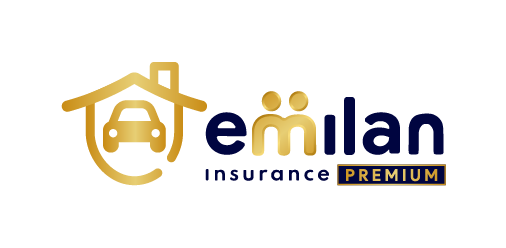Motorcycle Insurance
Posted: 10 August, 2023
Motorcycle insurance provides coverage if your motorcycle, moped, scooter, is damaged or stolen as well as financial protection if you are responsible for someone else’s injuries. In the state of Florida, you are not required to have motorcycle insurance. Riders will have to register their bikes with the Department of Motor Vehicles (DMV) but do not need to provide proof of insurance. In 2020, 82,528 motorcyclists were recorded injured according to the National Highway Traffic Safety Administration. It is very important to wear a motorcycle helmet even if your trip is short. It is also a good idea to wear protective gear that will help guard your arms and legs in the event of an accident.
What is covered in Motorcycle Insurance?
You can purchase many different coverages for your motorcycle, including:
- Bodily injury and Property damage liability: These are the most important coverages you can purchase and are typically included in basic insurance policies. These coverages pay for damage you may cause to others on the roadway, including medical bills, emergency aid, lost wages and vehicle damage if you are found at fault in an accident. Your liability will also provide coverage if the damages result in a legal battle. Purchasing high liability coverage is important for protecting your financial wellbeing.
- Collision: This coverage pays for damages to your motorcycle in the event of an accident, whether or not you are at fault.
- Comprehensive: Comprehensive coverage pays for damages to your motorcycle that aren’t caused by an accident, such as flooding, fire or theft.
- Uninsured/under insured motorist (UM/UIM): If you are the victim of a hit-and-run accident or someone else is at fault in an accident, but they don’t have high enough liability levels to cover the damages they caused, UM/UIM coverage helps pay for things like medical bills, lost wages, and possibly even property damage, depending on the plan details.
- Personal injury protection (PIP): PIP coverage provides a specific amount of coverage to pay for your medical expenses after an accident, whether or not you are at fault.
- Roadside assistance: If your motorcycle breaks down, roadside assistance coverage can help by providing a tow, bringing you fuel, or jumpstarting your battery. Roadside assistance may be included in a basic insurance policy, but it is more likely to be considered an add-on benefit for an additional fee.
- Accessories: Most full coverage motorcycle insurance policies usually include a benefit for accessories, meaning that if your helmet or other motorcycle accessories are damaged in a covered accident, they will be repaired or replaced
- Riding history.
- Type of bike.
- Age.
- Location.
Written by: Premium Emilan
